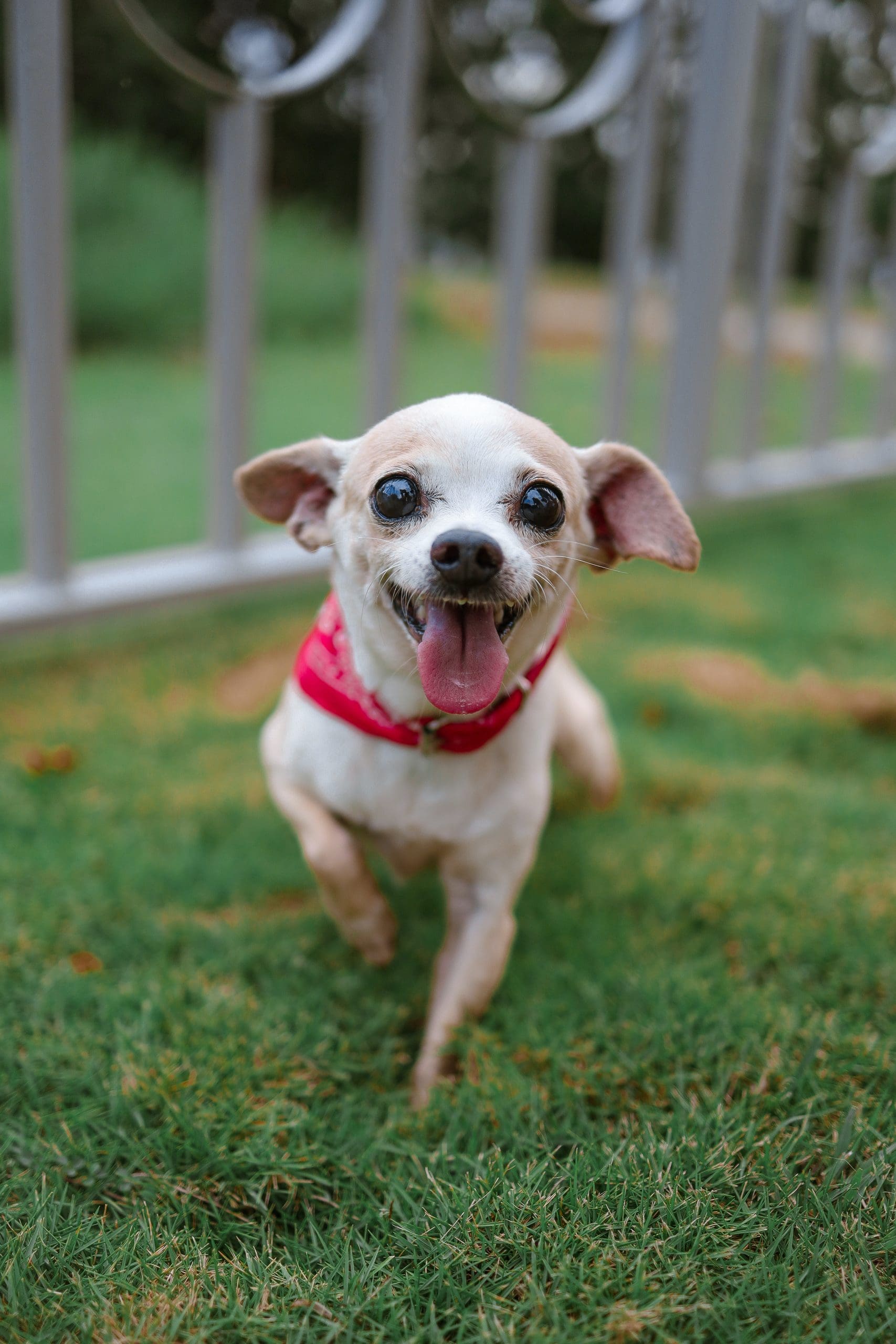 If you’re a dog owner, you’ve probably experienced the occasional unpleasant odor from your furry friend. While dismissing these gas emissions as a regular part of having a dog may be easy, excessive flatulence can cause concern. In this blog post, we will explore why your dog may be farting so much and what you can do to alleviate the issue.
If you’re a dog owner, you’ve probably experienced the occasional unpleasant odor from your furry friend. While dismissing these gas emissions as a regular part of having a dog may be easy, excessive flatulence can cause concern. In this blog post, we will explore why your dog may be farting so much and what you can do to alleviate the issue.
Diet and Digestion
Just like us humans, what our dogs eat has a direct impact on their digestive system. A diet high in fiber or containing certain ingredients can contribute to excessive gas production. Foods such as beans, broccoli, cabbage, and dairy products are notorious for causing flatulence in dogs. Additionally, sudden changes in diet can disrupt the delicate balance of their digestive tract, leading to increased gas.
Swallowing Air
Believe it or not, dogs can swallow much air while eating or drinking. This can happen when they eat too quickly, gulp their food, or drink rapidly. When excess air enters their digestive system, it has to find a way out, resulting in flatulence. Some dogs, especially those anxious or stressed, may also swallow air as a coping mechanism.
Underlying Health Issues
While occasional gas is regular, persistent and excessive flatulence could indicate an underlying health issue. Certain medical conditions, such as gastrointestinal infections, intestinal parasites, inflammatory bowel disease, or food allergies, can cause increased gas production in dogs. If you notice other accompanying symptoms like diarrhea, vomiting, or changes in appetite, it’s essential to consult your veterinarian for a proper diagnosis.
What Can You Do to Help?
1. Assess and Adjust Their Diet
Review your dog’s diet and consider any recent changes that might have contributed to the increased flatulence. If you suspect their food is the culprit, consult your veterinarian about switching to a different brand or a specialized diet for sensitive stomachs. Remember to introduce any dietary changes gradually to avoid further digestive upset.
2. Slow Down Mealtime
If your dog tends to gobble up their food, try using a slow feeder or placing a large object, such as a ball or a rock, in their food bowl to encourage slower eating. This simple trick can help prevent excessive air intake during meals, reducing the likelihood of gas.
3. Regular Exercise and Stress Management
Ensuring your dog gets enough exercise can help regulate their digestive system and prevent excessive gas buildup. Additionally, managing their stress levels through activities like playtime, mental stimulation, and positive reinforcement training can reduce anxiety-related air swallowing.
When to Seek Veterinary Advice
While most cases of excessive flatulence can be managed at home, it’s crucial to know when to involve your veterinarian. If other concerning symptoms accompany your dog’s flatulence or persist despite dietary adjustments and lifestyle changes, it’s best to seek professional advice. Your veterinarian can conduct a thorough examination, perform necessary tests, and provide appropriate treatment options tailored to your dog’s needs.
Remember, every dog is unique, and what works for one may not work for another. Understanding the reasons behind your dog’s excessive flatulence and taking appropriate steps to address the issue can help your four-legged friend live a happier, healthier, and less gassy life.
[/fusion_text]

